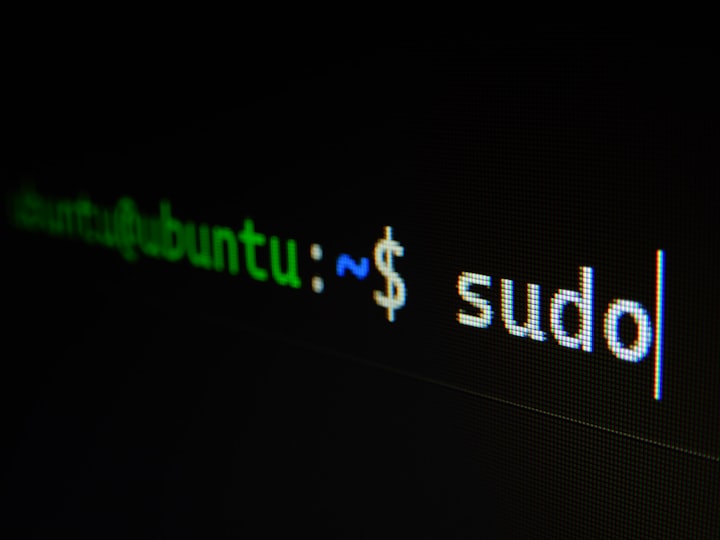How COVID-19 has affected the entertainment industry
An industry on the brink of collapse
The Covid-19 coronavirus epidemic has caused widespread disruption to business, public services and everyday life as a whole. Whilst its effects on the entertainment industry may seem significant in comparison to the devastating loss of life, there are clear repercussions on those who rely on the entertainment industry as their livelihood. As soon as the virus hit China in December 2019, the remunerative Chinese film industry was instantly affected. Cinema's across the country closed, high-profile movie releases were delayed, with swathes of actors and actresses staring down the barrel of unemployment.
As the Covid-19 coronavirus spread, an already susceptible film industry was brought to its knees. Highly anticipated films like Peter Rabbit 2 and No Time To Die had their release dates delayed, with cinemas across Europe facing depleted audiences. The prestigious 2020 Cannes Film Festival is also in doubt, with organisers carefully monitoring the situation. Though it's impossible to hypothesise the exact effect that Covid-19 will have on the film industry, long-term financial repercussions are almost inevitable.
The effect of Covid-19 on the film industry is well-documented, however, it's not just Hollywood that will be decimated by the coronavirus. The Who, Miley Cyrus and Madonna have all cancelled various concerts. Furthermore, the Coachella festival, which was due to take place in April 2020, has been pushed back to October. The acclaimed US music festival SXSW has also been cancelled for the first time in 34 years. Across Italy and Asia, tours and concerts are virtually non-existent, with large-scale public gatherings being postponed in Switzerland, France and Germany.
The disruption to the music industry won't just affect the artists and organisers. There's no guarantee that concert-goers will receive their money back, with insurance companies not guaranteeing financial remunerations. Though monetary compensation pales in comparison to the devastating loss of life many have experienced, it still is a definite worry to the average working individual.
Aside from the numerous high-profile stars affected, the coronavirus will undoubtedly stem the emergence of upcoming talent. Often, well-attended music festivals provide the breakthrough for emerging artists. The recently cancelled Texas-based festival South by Southwest is a key date for any artist looking to make it big in the USA. The cancellation came after major companies such as Netflix, Amazon and Apple dropped out of the event. A matter of days later, South by Southwest organisers announced the 'heartbreaking decision' to lay off up to a third of the festival's employees.
A variety of entertainment venues have also been forced to close down. Aside from closing its cinemas, China has been forced to close a variety of cultural attractions such as the Forbidden City, Tiananmen Square's National Museum, and a section of the Great Wall. Both Shanghai and Hong Kong's Disneyland Parks have been closed. The Shanghai Disneyland Park is a significant revenue generator for the region, making an estimated $1 billion annually. In Italy, both the Colosseum and Pompeii are in lockdown, with a number of popular museums also closed in the region.
The Californian Electronics Entertainment Expo (E3) has been cancelled. E3 is the largest trade show in the video game industry and is a key event for companies looking to launch new products. The event typically announces the upcoming release of various games and devices. The 2020 E3 conference was set to be particularly significant, with both Microsoft and Sony expected to announce new consoles.
Comic-Con North-East, which was set to take place in Boston, has been cancelled. Guests for the high-profile event included Marvel stars, Chris Evans, Chris Hemsworth and Tom Hiddleston. Though event-goers have been assured a full refund, this is likely little consolation to the events loyal following. The decision to cancel Comic-Con, came after the state of Massachusetts declared a state of emergency in the region in light of the coronavirus.
The reason that Covid-19 has affected the entertainment so greatly is simple: Uncertainty. With experts divided as to when the virus will peak, organisers are reluctant to organise events and attendees are reluctant to book. Furthermore, as businesses are increasingly affected, employees will have less disposable income to spend on luxuries. The spread of Covid-19 is inherently linked to proximity, meaning the entertainment industry will be heavily affected. Though businesses can ask employees to work remotely, the entertainment industry cannot enjoy that luxury. Football matches, concerts, cinema viewings, theatre outings, museum trips to name but a few, all involve being in close proximity with someone. Sharing an incredible cinematic, musical or sporting experience with a crowd of people was always the entertainment industry's biggest draw. Ironically, it now looks increasingly likely to be the final nail in the coffin of an industry already on it's knees.






Comments
There are no comments for this story
Be the first to respond and start the conversation.